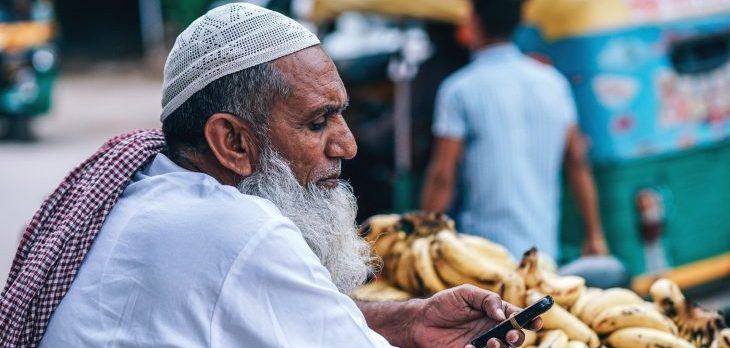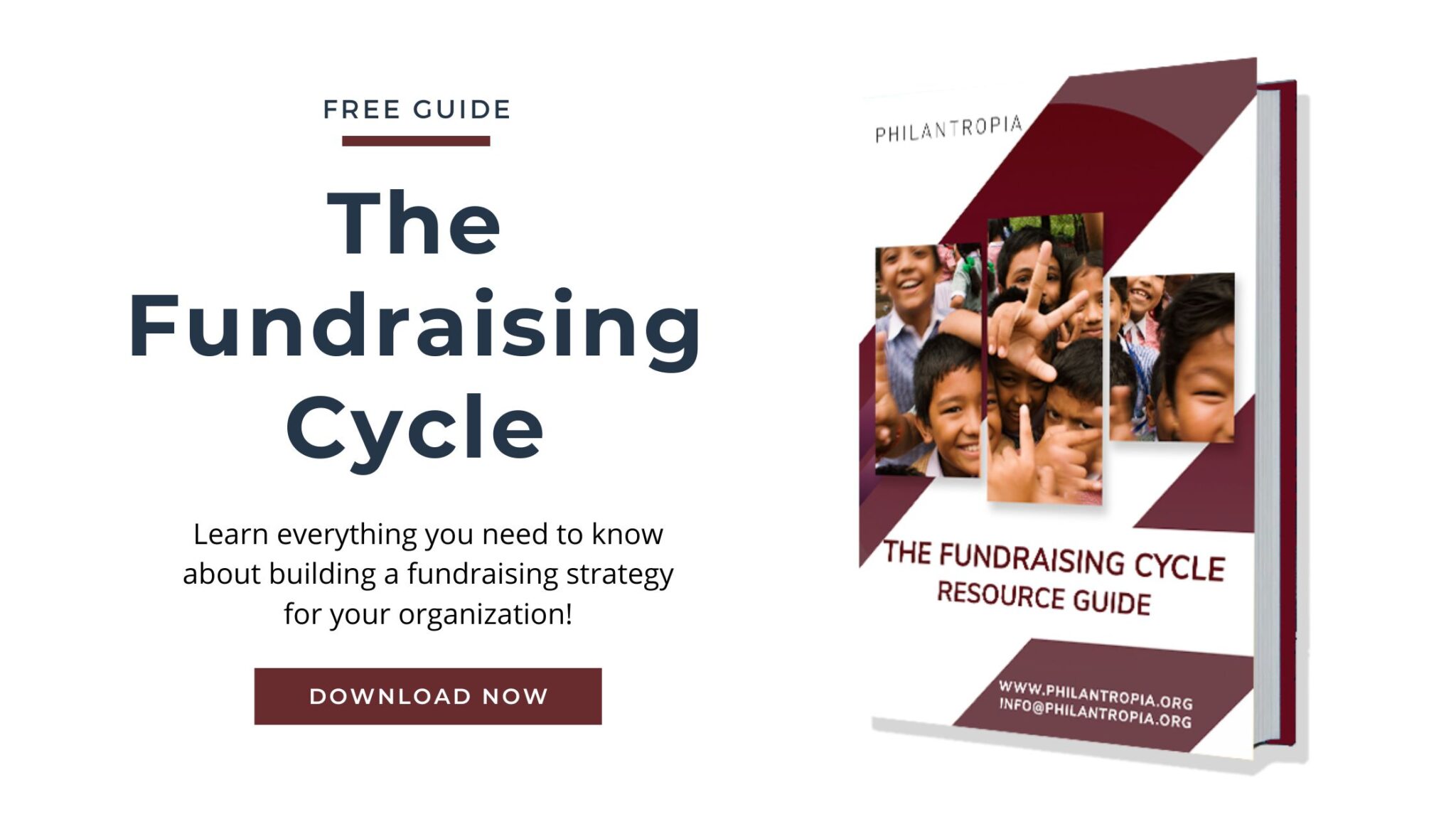The P4G partnership fund 2019 is now open for applications from partnerships of NGOs and others, including companies, for their 2019 funding round. Grants are available up to $100,000 for start-up projects and up to $1 million for scale-up projects for 12 to 24 months. The deadline to submit the application is 15 February 2019.
As this is a widely promoted opportunity the number of applications will be large and it is important to develop the most competitive proposal available. This guide can assist you in drafting an effective application.
What is P4G?
P4G – Partnering for Green Growth and the Global Goals 2030 – started in 2018 to promote and support public-private partnerships that can deliver on the UN Social Development Goals and the Paris Climate Agreement.
P4G accepts applications using an online application process that consists of two rounds:
- Submission of an online concept note.
- Successful applicants are invited to submit additional information before a final decision is made.
Grants last from one to two years and are either up to US$100,000 for start-up projects, or up to US$1 million for scale-up projects.
Projects fall under one of several main areas:
- Food Security and Sustainable Agriculture
- Water and Sanitation
- Clean Energy
- Sustainable Cities
- Sustainable Consumption and Production (circular economy)
Who can apply?
- You must be a partnership of at least two organizations, and not a single organization
- You have a bank account
- You can show a track record of success
- The partnership must include at least one commercial partner (a business or group of businesses) and at least one non-commercial partner (an NGO, business member organization, trade union, or other non-profit).
- One non-commercial partner will act as the administrative partner, which means it signs the contract and receives the funds.
- The administrative (lead) partner must be legally registered, there are some exceptions for other partners
- Your project must take place in one developing country listed in the OECD DAC list of ODA recipients. To check if your country qualifies please click here.
- To make sure you can apply please use the screening questions on the website.
Do not apply if:
- You will be the lead applicant but your NGO is not legally registered
- You are not a commercial or non-profit organization
- You are not a partnership
- You are an individual
- You only work in a country not listed in the OECD DAC list of ODA recipients
- You propose to work in more than one country
- You are not active in the field of the five SDGs listed
- The project continues an existing project
- You have a small annual budget or have limited capacity. We think it is unlikely you will succeed as a lead applicant if you are a small or grassroots organization with a modest budget.
For what can I apply?
The focus has to be on the UN Social Development Goals (SDGs) which comprises of the following:
- SDG 2 Food Security and Sustainable Agriculture
- SDG 6 Water and Sanitation
- SDG 7 Clean Energy
- SDG 11 Sustainable Cities
- SDG 12 Sustainable Consumption and Production (circular economy).
The project should propose work that is “additional” to what is already done. This means it should not cover activities that would be undertaken in the normal course of business anyway. The project also cannot focus on activities that are traditional international development programming that bilateral donors typically cover. The project must be scalable.
What are the sizes of the grants?
- Up to $100,000 for start-up projects
- Up to $1 million for scale-up projects
What countries are funded?
The average number of grants awarded is estimated to be between 15 and 20, with a wide geographic spread. The total budget available for 2019 is up to US$4 million. In 2018 18 partnerships were funded by P4G, with an estimated average grant size of around US$200,000.
Where do I apply?
You can apply at the following link.
We strongly recommend you download the application form and budget so you can draft your application before submitting. This will allow you to work off-line, use spell-check, use a word count feature, share the document with colleagues for comments and editing, and save a copy for future use. Once developed, you can cut and paste the relevant text from your document into the on-line application form.
The documents can be downloaded here.
When should I submit? What is the deadline?
The deadline is 15 February 2019 – 23:59 EST (New York time) – but don’t wait till the end to submit your application!
Allow sufficient time to complete the application as the volume of late applications may overwhelm the online system and cause delays close to the submission deadline.
What are my chances of success?
P4G is definitely interested in seeing NGO participation in the projects selected, so NGOs in developing countries should consider applying as they can succeed.
But with so many applicants it is very competitive, and the success rate is low. In 2018, P4G received some 450 applications from nearly 80 countries but only 18 were funded. This translates into a 4% success rate. The average grant amount awarded was $222,000.
Organizations with proven capacity will also have higher chances of receiving funding. So if you have a great NGO running a quality, relevant program in a developing country, your chance of success may well be quite high.
Also, P4G wishes to see sign-off by the government and will not approve controversial or combative programs.
When will I hear if I made it?
Finalists for the Start-up partnership will be invited to submit additional information between May and June 2019. Winners will be announced in July-August 2019.
Finalists for the Scale-up partnership will be invited to submit additional information between May and July 2019. Winners will be announced in September 2019.
Top tips to improve your chances of success!
- Carefully check eligibility requirement, submit all the required documents, and follow all the rules
- Identify partners early on so you can discuss and agree on the project outline.
- Clearly explain how your project will promote the five SDGs listed. Check the website to view examples of previous projects funded.
- Clearly show how the project will be “additional” to work already carried out by both the partners and development donors.
- Show impact and scalability. The project should have a high impact and be shown to be scalable in a relatively short amount of time. Scalability means that the impact has to quickly grow and accelerate.
- Highlight your capacity and ability to implement the project.
- Make sure you list specific activities. For example, instead of: “Run a series of workshops”, be specific: “Run a one-week workshop for 20 business executives in City xx on legal CSR program development….”
- The partnership will have to contribute 25% of the budget as co-funding for start-up projects and 50% of the budget for scale-up. Make sure to outline how you intend to raise this contribution from partners or other donors
- Outline how the project will be innovative and sustainable.
- Have a native speaker review and edit your application before submission.
- Have an accountant or someone good with numbers review the budget. Make sure the budget covers all the costs associated with the project.
- Submit the application on time, and ideally several days before the deadline.
- Carefully consider whether your project is controversial or confrontational as these are unlikely to get funded. The government where the project takes place should be on board.
- Understand that only very few applicants will get funded and your chances of success are slim.
To view more information please visit this link.
IMPORTANT – P4G has scheduled two “how to” informational webinars on December 11 and 12 at 9 AM EST: https://p4gpartnerships.org/content/webinar-apply-become-p4g-partnership
Good luck!
Disclaimer: This guide is intended to help NGOs apply. This is an unofficial guide that does not guarantee funding or support to applicants. The guide is intended to provide NGOs with suggestions. Readers are advised to use the guide at their own discretion.





Dear Erik.
Thanks for the initiative to support NGO raise funds for community assistance.
We are an NGO in Uganda supporting communities in scaling up knowledge in house hold nutrition, support of orphans who are infected & affected by HIV, integrating nutrition in HIV management.
However, we are constrained with finances to reach the most vulnerable are in need.
How can you support us mobilise funds?.
Hello,
we are not a grant giving organization, but I am sure you will find many useful resources on our website to guide you towards a more successful fundraising strategy. If you sign up for our newsletter, you will receive a free sample proposal as well.
Dear Erik,
I say tank you for information. I am working in Education and Research Institution. My job is more focus on Partnership approached like Innovation platform includes all stack-holders. Therefor , we apply with those stockholder for Grants. Is it possible?